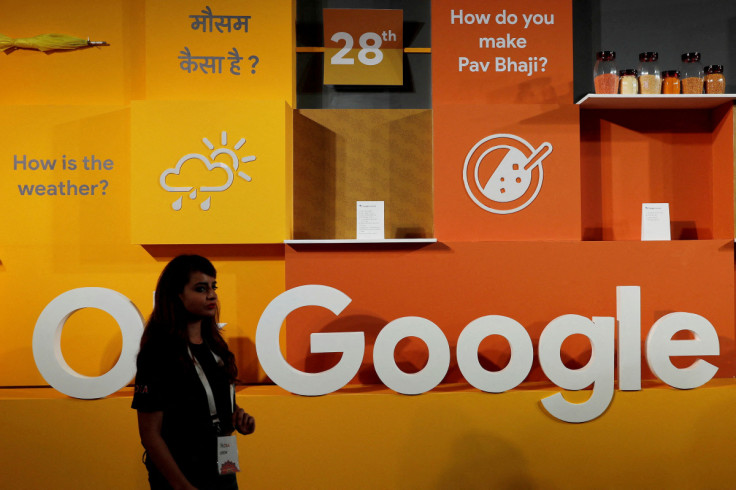Indian Startups Go To Court To Stop Google's New In-app Billing System

A group of Indian startups has asked a court to suspend Alphabet Inc Google's new in-app billing fee system until the country's antitrust body investigates the U.S. firm for alleged non-compliance with its directives, a legal filing showed.
The Alliance of Digital India Foundation (ADIF) last month asked India's antitrust regulator to investigate Google for devising a new system startups say still charges them a high service fee, despite an antitrust directive in October to allow use of third-party billing services for in-app payments.
In its April 10 filing at the Delhi High Court, ADIF argues that the antitrust body is yet to hear its complaint promptly even as Google's April 26 implementation date of the so-called User Choice Billing system (UCB) is nearing.
The 744-page filing, seen by Reuters, asks the court to "keep the implementation of Google's UCB in abeyance" until CCI hears the complaint.
The court is likely to hear the plea later this week. The CCI did not respond, while Google declined comment.
The filing marks the latest tussle between Google and rival startups, which have repeatedly criticized the U.S. company for what they say are unfair business restrictions.
In October, the Competition Commission of India fined Google $112 million and said the company must stop forcing developers to use its proprietary in-app payment system, labelling it an abuse of Google's dominant market position.
Google has denied any wrongdoing and challenged the antitrust ruling. The new service fee system, it says, supports investments in Google Play app store and the Android mobile operating system, ensuring it distributes it for free, and covers developer tools and analytic services.
But Indian startups argue Google's UCB system still imposes a "service fee" of 11-26%, compared with the earlier in-app payment system that charged a fee of 15-30%. The new system is "cloaked as another version" of Google's earlier system, the ADIF filing stated.
© Copyright Thomson Reuters 2025. All rights reserved.





















